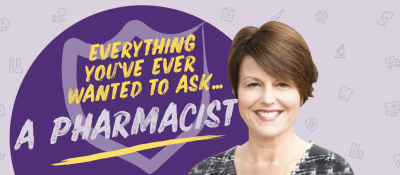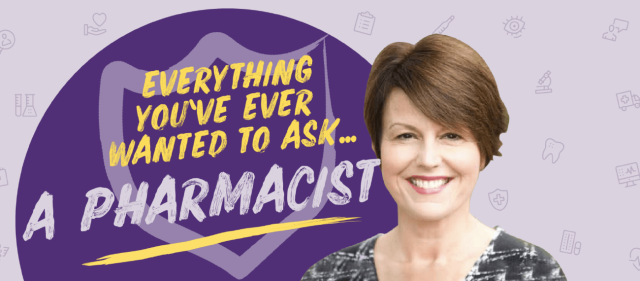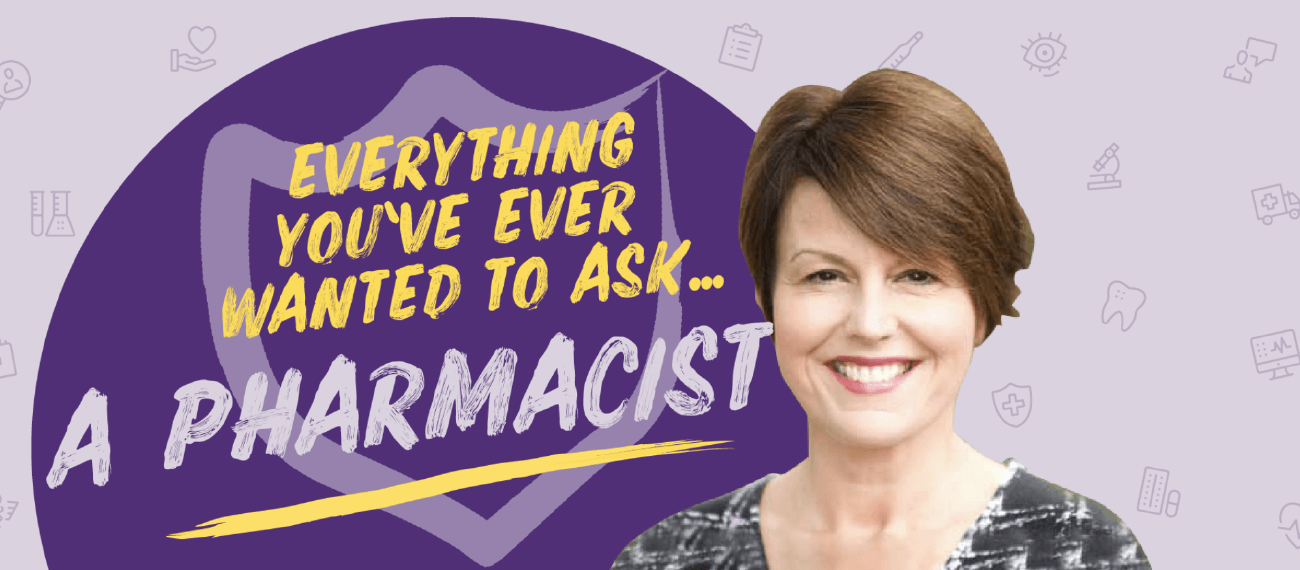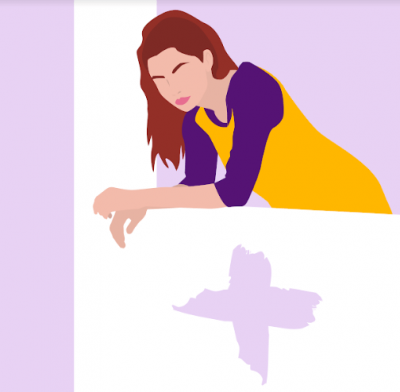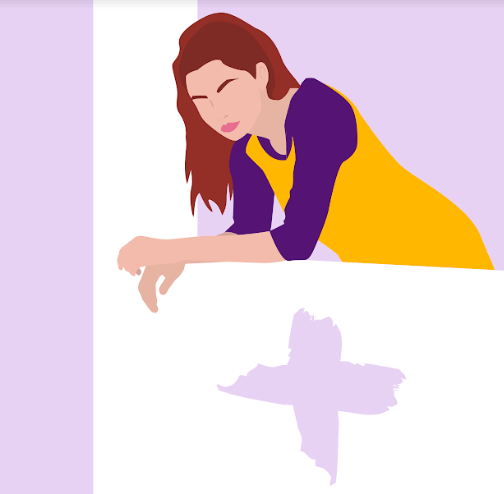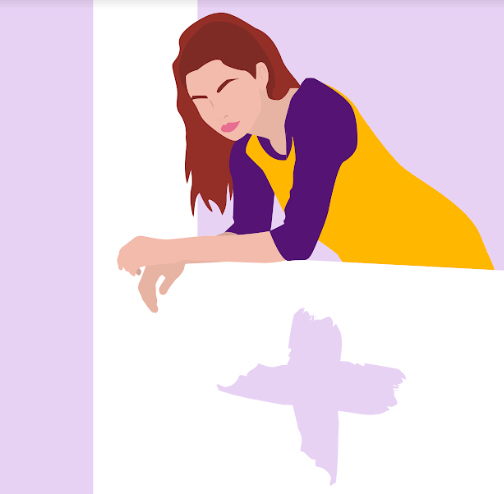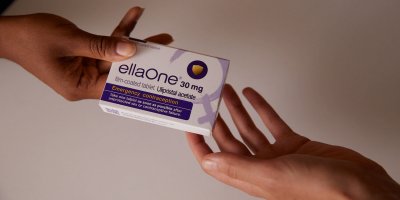Can we be honest with each other?
We know what you think about buying the morning after pill. We’ve heard your stories. We’ve put our wellies on and stood in festival fields, asked you our questions and recorded your answers. We’ve counted survey after survey, and the results are in. You hate the process of purchasing emergency contraception.
It’s OK: we don’t take offence, we hear you and we are working on it. Frankly, emergency contraception is too important for any obstacles to stand in the way.
We spoke to women at Bestival, Leeds and Rize festivals: a third (31%) of you felt awkward buying the pill from a healthcare professional, a quarter (26%) felt embarrassed and only one in three of you felt reassured by the process.
A whopping 72% of you would rather complete a short questionnaire than speak to a pharmacist to obtain the morning after pill. This felt like something we could help with, so we launched a consultation card to help with that hated conversation at the pharmacy.
Many of you fear the mysterious figure behind the counter. You fear that they are making assumptions and judgements about you, that you are stupid, promiscuous and irresponsible.
So, we thought maybe we should meet one of them, and find out what they really think…
Deborah Evans* has been a pharmacist for like ever, so we spoke to her about the negative reputation of pharmacists and the emergency contraception experience for her and her customers.
“You know it’s just an awkward situation, isn’t it?” Deborah explains. “I’ve been in that situation, when you feel frustrated and foolish that you’ve got yourself here.”
Deborah is not your stereotypical pharmacist. There are no white coats here: we talk woman to woman, and she doesn’t beat around the bush.
“If you’re going in for a sore toe or a headache, you’re not panicking that ‘they’re going to think I’m stupid for having a headache,” says Deborah.
Deborah is right. For many women, it’s the tired-old taboo around female sexuality that makes the experience feel shameful when it should be an informed and empowered decision, or at the very least: a transaction like any other.
In our recent survey, 26% of women said that asking for the morning after pill is embarrassing.
How does that make Deborah feel?
“Devastated. Here we are in 2018 and some women don’t feel comfortable to do the responsible thing. They would rather risk an unwanted pregnancy, or the need for a termination, than come in and have a conversation. We only want to help.”
With many years of experience, Deborah knows how to put people at ease. “One of the first things I do is share my first name and explain that I’m there to provide her with https://www.ellaone.co.uk/magazine/my-morning-after-stories/i-often-find-that-people-are-surprised-when-i-talk-candidly-about-it/emergency contraception, just as long as it is the right thing for her.”
“My role is to enable her to make an informed choice and I want her to make her decision based on the conversation we have, but it is a medicine so it is my responsibility to ensure that it’s the right thing for her and that she actually needs it,” she continues.
What is going through Deborah’s mind during the consultation? Is it as judgemental as some women fear? Well… no.
“It’s like any other consultation,” Deborah says. “I don’t want her to think I feel embarrassed by the subject so that she doesn’t need to either. Sometimes younger girls can be really scared: I try really hard not to sound like their mother.”
Deborah understands her role and professional boundaries, but we can’t resist asking if there’s anything she wishes she could say?
“I wish I could say that I’ve been there too, but that’s something you avoid: making it about you, when it’s about them. You want to be able to say ‘this probably feels like the most important and horrible thing that’s happening to you, but actually, in the grand scheme of things, it’s not – and we’re going to sort it,’ and of course, it’s not like that for everyone”
Now for the awkward bit. We asked Deborah outright whether there is a truth behind the stereotype: are there some pharmacists who are guilty of judging women who seek emergency contraception? Deborah sighs.
“Sadly I think yes, although it is improving and I believe that the vast majority of pharmacists want to help and do the right thing.”
“I’ve handled questions from pharmacists where you can hear some judgment. Once I was talking about buying emergency contraception in advance and a man asked ‘aren’t you just encouraging people to go on holiday and have sex all the time?’ – there was so much in that statement that I didn’t know where to start.”
Some of the questions in the consultation fuel this perception of pharmacists as, to use Deborah’s wonderful phrase, the sex police. Deborah points out the problems with the script.
“If there is one question that feels most awkward then it’s ‘how did it happen’. 9 out of 10 times, if I ask what happened the answer is that ‘the condom broke’ – seriously, no one would use condoms based on the evidence I’ve heard over the years.”
“People don’t want to admit they were too embarrassed to ask their partner to wear a condom, or we were in the throes of passion and didn’t pause, or I was too drunk and didn’t remember! So why are we still asking how it happened?”.
However she does add “there are some scenarios such as a missed pill which are relevant but we need to be more considered about how we ask the questions to make it feel less intrusive”
It’s thanks to Deborah’s down-to-earth view of this process that she has been one of the pioneers of ellaOne’s consultation card. This is a scratch-card that anyone can pick up at the pharmacy counter, fill out only the key information that the pharmacy assistant needs, rather than be put on the spot by the scary consultation room.
“The card is going to enable a very quick, easy consultation process for those for whom taking the morning after pill is very straightforward.
So it should help with time, as well as with people feeling less embarrassed. It will give control back to women so they feel more empowered.”
“There will be some situations where the advice or options are less straightforward but that will depend on the individual, the card will help identify those who do need some extra support or advice”
Deborah knows exactly how empowerment improves women’s access to emergency contraception. Her example is close to her heart: it’s her twenty-year-old daughter.
She’s helped her friends go and get the morning after pill. Some of them were so scared they would rather cross their fingers and hope the risk goes away, but it won’t.
With developments like the consultation card, Deborah sees hope for the future. Her hope lies not just behind the counter, but actually standing right in front of it. She sees a community of women who are increasingly confident and vocal – especially when it comes to talking openly and honestly about female sexuality.
*Deborah Evans does not endorse any medicines or branded products.
ellaOne® 30mg film-coated tablet contains ulipristal acetate and is indicated for emergency contraception within 120 hours (5 days) of unprotected sex or contraceptive failure. Always read the label.
